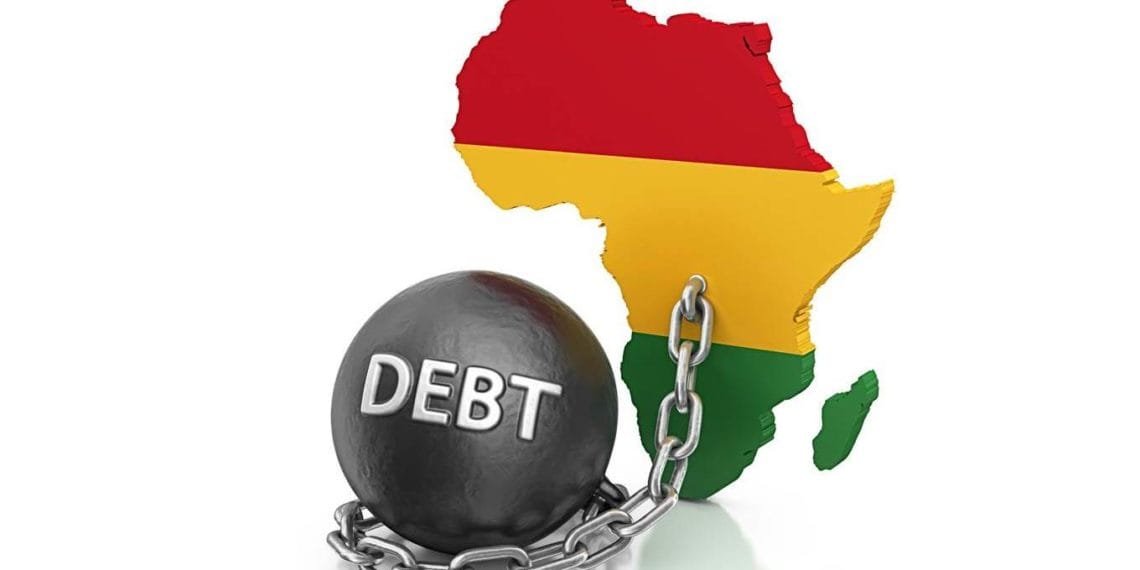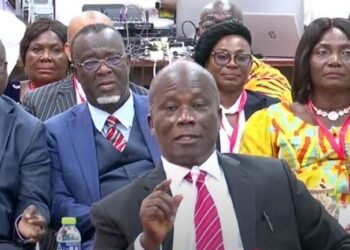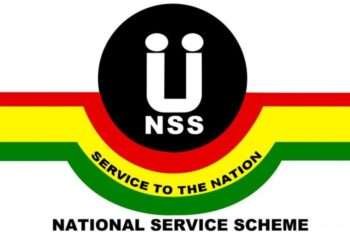Experts and government officials, at an AfDB webinar, have discussed strategies for mobilizing internal resources to cope with the increasing debt of African countries and allow the continent to better recover after the COVID-19 pandemic.
The webinar titled “Exploring the Link between Fiscal Policies and Debt Management” is the second in a series on African Debt Management. The African Development Bank (AfDB) organized the webinar with support from the Government of Japan.
The AfDB estimates the average debt-to-GDP ratio of the continent to increase substantially to reach 71% in 2020. This compares to 61% in 2019 and 48% in 2015. The number of African countries, in situation or at high risk of debt distress, has almost doubled in ten years, from 11 in 2010 to 20 in 2020. Faced with this situation, the Bank considers that it is essential to tackle this trend and bring countries on the path to debt sustainability.
The Director of the Governance and Public Financial Management Department at the AfDB, Abdoulaye Coulibaly, welcomed the need “to initiate a discussion on how to reduce dependence on debt”. According to him, such discussions must focus on “how fiscal policies in particular can help to avoid a situation of over-indebtedness”.
Need to improve the efficiency and effectiveness of tax administration
Also, Dr Nara Monkam, research director of the Forum on African Tax Administration, highlighted several ways of improving domestic revenue collection. According to her, it would be necessary to improve the efficiency and effectiveness of tax administration.
Dr Monkam called for the need to rationalize tax expenditures and computerize tax administrations. She also believes fighting effectively against tax evasion and illicit financial flows as well as tackling corruption and fraud will help.
Moreover, she noted that governments could also increase the tax base by raising taxes in certain sectors. These sectors include land, telecommunications, banks, insurance, real estate, mining, the blue economy and especially in the new digital sector.
Experience from Togo
The Commissioner General of the Togolese Revenue Office, Philippe K. Tchodie, said his country was working on a strategy to reduce its public debt. According to him, Togo’s debt is currently classified as “medium to high risk”. He indicated that they want to bring it down to “medium to low risk”.
In this regard, he highlighted that the Togolese government intends to increase the tax on land and automobiles. Other initiatives are to rationalize tax expenditures, strengthen the supervision of large companies and increase direct foreign investment.
Togo is considered an example in Africa in terms of internal resource mobilization. With the support of the AfDB and other development partners, the rate of tax revenue mobilization increased from 15.7% in 2005 to 19.5% in 2019. This led to a reduction in the budget deficit by 9.6% of GDP in 2016 to 2.2% in 2019.
Meanwhile, from the discussions, it appears that Africa has much greater potential and capacity to tax. Leila Mokaddem, Managing Director of the AfDB Regional Office in Southern Africa, noted the urgent need to mobilize domestic resources to limit a rise in debt through various mechanisms such as the taxation of natural resources and broadening the tax base.
The webinar is aimed to explore solutions adapted for Africa following the COVID-19 pandemic. This meeting brought together a high-level panel of government experts, institutional specialists and civil society actors. Overall, 285 people participated in the webinar. strategies strategies strategies
READ ALSO: Politicization of security, a threat to national security- Lanchene Toobu




















